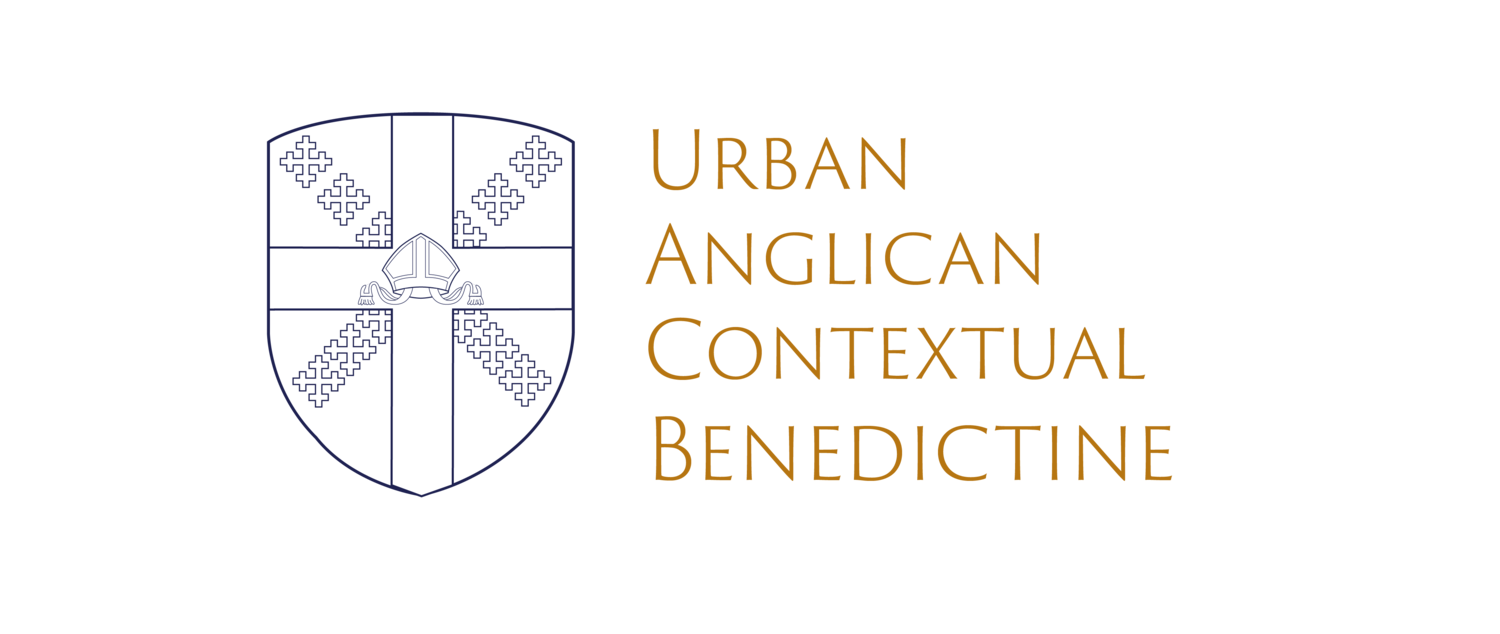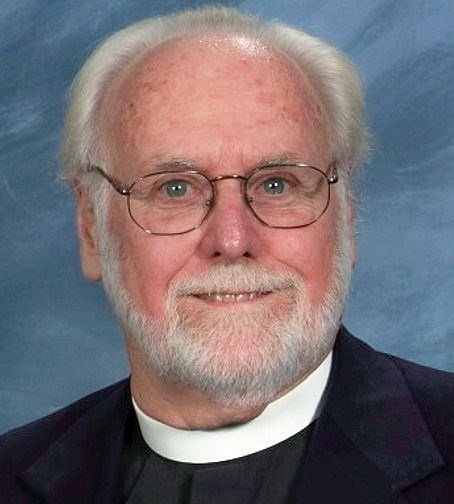IN MEMORIAM: John Westerhoff, Former Faculty
The Rev. Dr. John Henry Westerhoff III, former adjunct faculty in Church Ethics, died on February 25, 2022, at Wellstar Tranquility Hospice near Atlanta, GA. He is survived by his children Jill, Jack, Beth, David, and Jonathan; grandchildren Tyler, Amy, Jason, Daniel, Charlotte, Camille, Nathan, and Abram; and spouse Caroline Westerhoff. John and Caroline met in the 1980’s through their common work in Christian education. They fell in love, were married in 1991, and inseparable ever since. Together they prayed, wrote books, travelled broadly, and cherished food and cooking, especially with friends and family. All remember John for his engaging conversations, relentless pursuit of knowledge, and his love of art and nature.
Born to John Henry and Nona Celia Westerhoff on June 28, 1933, in Paterson, NJ, Westerhoff discovered his calling to the ministry at a young age with exposure to the First Presbyterian church and later the Dutch Reformed Community church. Throughout his adolescence, he was recognized by clergy for his spiritual leadership. In 1955, he graduated from Ursinus College with a Bachelor of Science in psychology. While there, he earned the nickname "Preach" for his passion of scripture and spirituality. In 1958, he received a Bachelor of Divinity from Harvard University.
Westerhoff was ordained in the United Church of Christ in 1958, serving parishes in Maine and Massachusetts. Following these seminal experiences, he joined the United Church Board of Homeland Ministries where he was the founding editor of the highly acclaimed Colloquy: Education in Church and Society. In 1974 he received a Doctor of Education from Columbia University while lecturing at Harvard. Well established professionally, he joined Duke University's Divinity School where he earned a distinguished position as Professor of Theology and Christian Nurture. Early in his career at Duke, he was ordained by the Episcopal Church and published arguably his most influential book, Will Our Children Have Faith?, which was followed by dozens more and countless professional papers while editing the Religious Education Journal. Renowned for his scholarship, teaching, and professional service, Westerhoff received honorary doctoral degrees from Ursinus College and Harvard University. In 2018, he received the Albert Nelson Marquis Lifetime Achievement award.
Upon retirement from Duke in 1994, Westerhoff returned to ministry and became interim rector at St. Bartholomew's Church. Soon after, he joined St. Luke's Church as a theologian-in-residence, where he founded the Institute for Pastoral Studies to support his teaching, writing, and outreach. In 2005, he joined Saint Anne’s Episcopal Church as priest associate and resident theologian; he donated his substantial library to St. Anne's.
Westerhoff never really retired, or perhaps he retired several times. He oft said that his life was his work and that his core identity was priest, pastor, and teacher. John was an avid reader to the end of his beautiful life, and he generously shared his knowledge and wisdom. He voraciously consumed books on theology, history, social science, archeology, and ecology among other disciplines. He used these studies to help him understand the human condition and contemplate how to mend societal divisions and the planet that sustains us. He was abjectly against war and was a staunch civil rights activist.
Westerhoff's passion for education and social justice was evident throughout his life, which he nurtured through his appreciation of art and liturgy. He said he wrote like a painter, with flow from one question to the next without adherence to systemic thinking. He favored the hidden curriculum, what is learned between the lines, and was suspicious of systems; he was a healthy skeptic. In his work, he germinated seeds that allow our imaginations to connect with the divine. In his writing, Westerhoff used the incremental woody growth of trees to help him describe the development of deepening faith, with all growth being valuable and necessary. It is no surprise that he used trees for analogy given his copious use of yellow note pads to sort his ideas and plan lectures, a ritual that brought him great joy.
A celebration of life took place April 2, 2022, at Saint Anne's Episcopal Church in Atlanta, GA, followed by an interment in the memorial garden, and reception.

